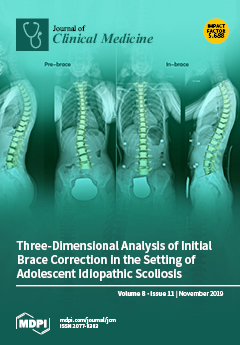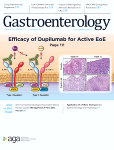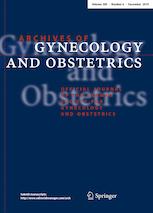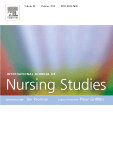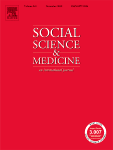A nutrient-wide association study for risk of prostate cancer in the European Prospective Investigation into Cancer and Nutrition and the Netherlands Cohort Study
Purpose The evidence from the literature regarding the association of dietary factors and risk of prostate cancer is inconclusive. Methods A nutrient-wide association study was conducted to systematically and comprehensively evaluate the associations between 92 foods or nutrients and risk of prostate cancer in the European Prospective Investigation into Cancer and Nutrition (EPIC). Cox proportional…




